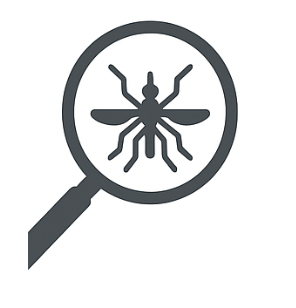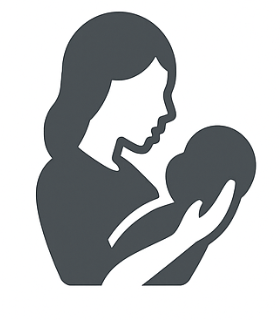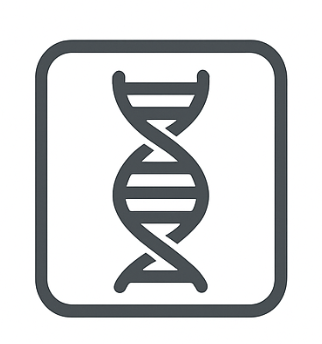Dengue Surveillance and Response through Clade Displacement Analysis and Targeted Interventions (DENPACT)
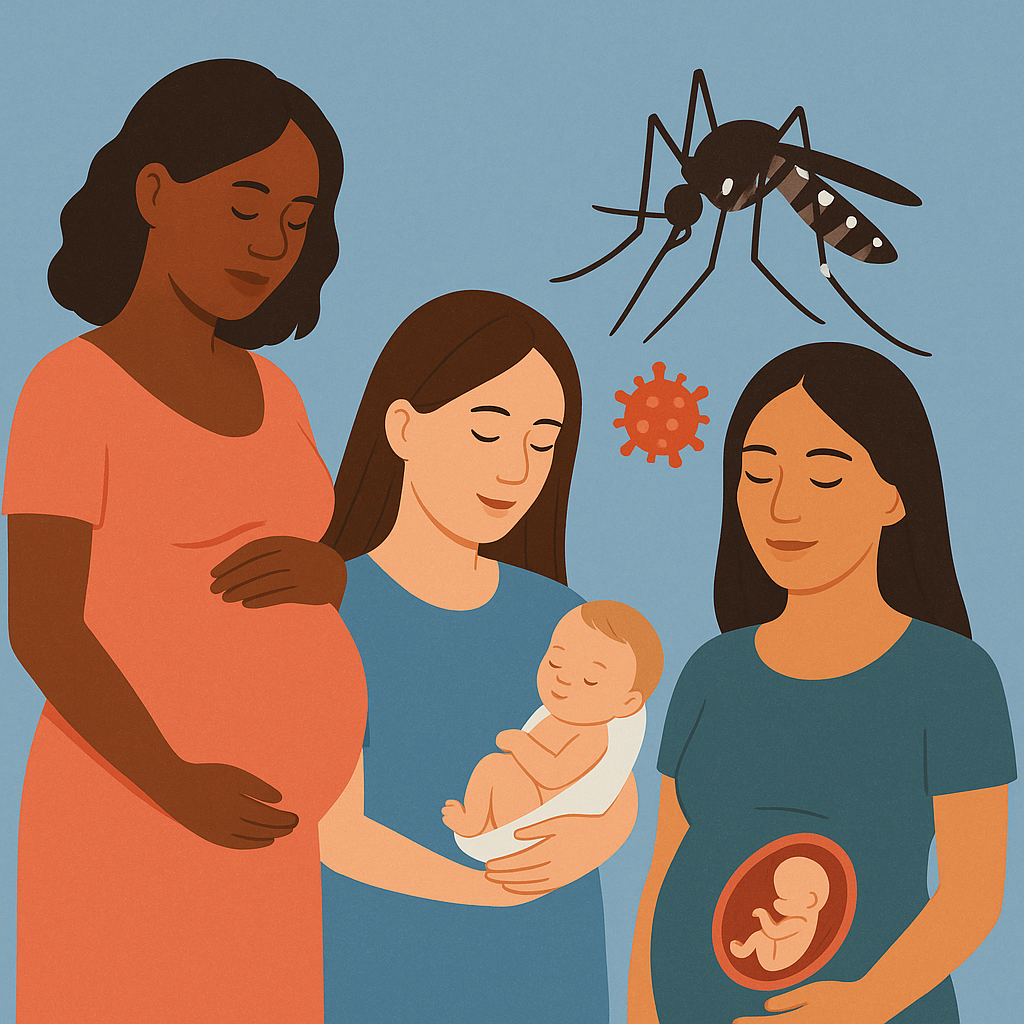
Study sites: Curaçao & Bonaire
Study scope:
The impact of Dengue on Mother and Child Health in Curaçao and Bonaire: Genomic Surveillance of Clade Displacement and Blueprint Development for Severe Dengue Preparedness
Funding amound awarded:
€100.000
This project (DENPACT, project number 11340012410028) is made possible by ZonMw, under the programme Strengthening Public Health and Well-being on the ABCSSS Islands.
- Project duration: from July 2025 to July 2027 10%
How DENPACT contributes
DENPACT protects the most vulnerable—pregnant women and newborns—from the growing threat of dengue in the Caribbean. The project tracks how the virus is changing, helping us catch more dangerous variants early.
It also strengthens lab capacity, improves early detection, and supports better outbreak response. By bringing laboratories and public health teams together, DENPACT builds long-term resilience for Curaçao, Bonaire, and beyond.
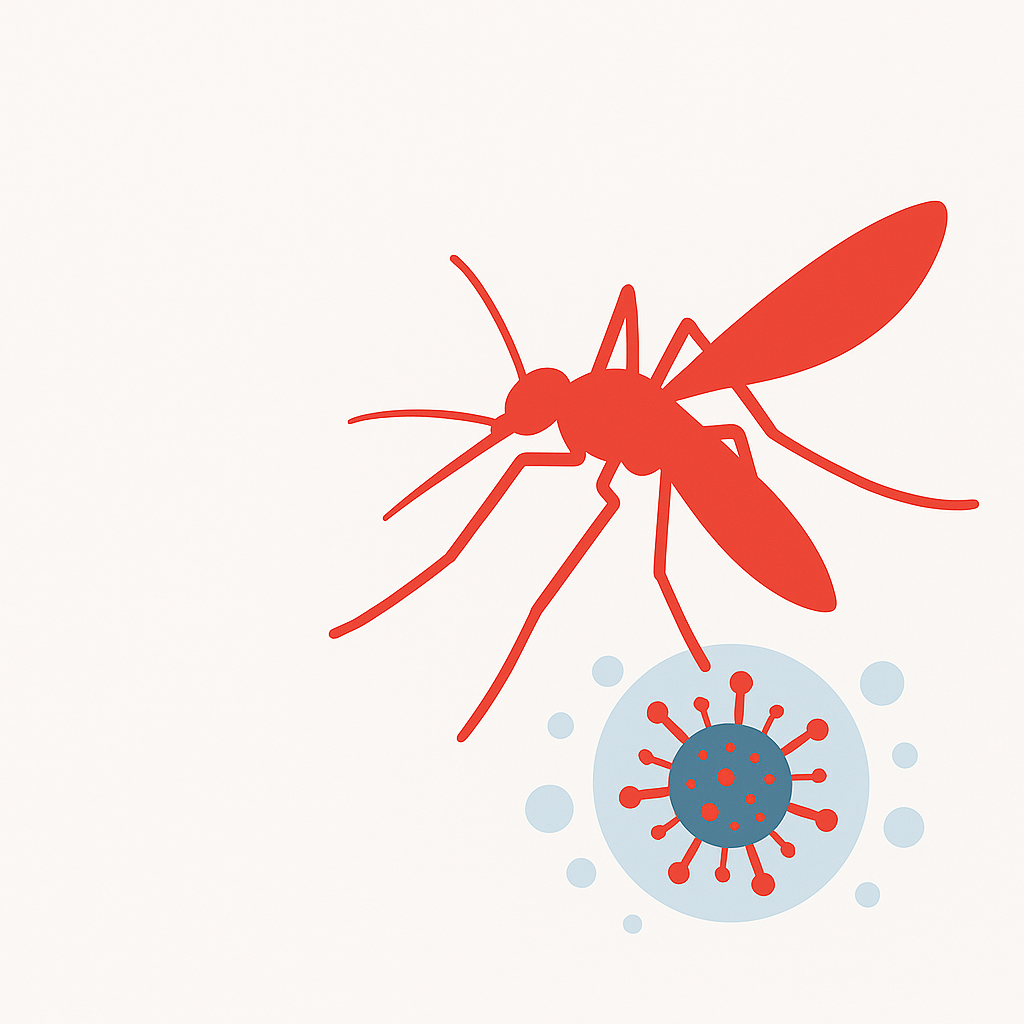
Why this study matters
Dengue is emerging as a growing public health concern in the Caribbean, disproportionately affecting vulnerable populations including pregnant women, neonates, and children.
This project investigates how dengue infections impact mothers and babies, and how changes in the virus might increase the risk of severe illness. By focusing on Curaçao and Bonaire, DENPACT aims to strengthen early detection and healthcare preparedness, while building long-term collaboration between laboratories and public health institutions across the islands.
The challenge we address
Dengue Is Rising — So Are the Risks
Regional health pressures
Recent years have shown a clear rise in dengue cases across the Americas. Curaçao and Bonaire are also seeing more frequent outbreaks, highlighting the importance of improving surveillance and health system response.
Knowledge gap: virus evolution
System-level vulnerabilities
Curaçao and Bonaire face practical healthcare challenges:
- Limited ICU and critical care capacity
- Small household structures that complicate mosquito control
- An aging population with chronic conditions
- High tourist and migration flows, which can introduce new virus types
What we aim to achieve
1. Understand the Impact on Mothers and Babies
We study how dengue affects pregnancy and newborn health — such as risks for premature birth or low birth weight — to improve care for mothers and children.
2. Track Changes in the Virus
By analyzing dengue virus samples from Curaçao and Bonaire, we identify changes in the virus that may affect how severe outbreaks become. This helps public health teams prepare better.
3. Build a Better Response System
We are creating a practical framework for early detection, mosquito control, better communication, and faster outbreak response, especially for those at higher risk.
4. Strengthen Lab Capacity
We train local lab staff and improve systems to monitor the virus over time. This helps with faster, more accurate responses to outbreaks in the future.
5. Create a Shared Research Database
We build a secure, structured database to collect and share dengue-related health and virus data. This supports better research, comparisons, and long-term learning.
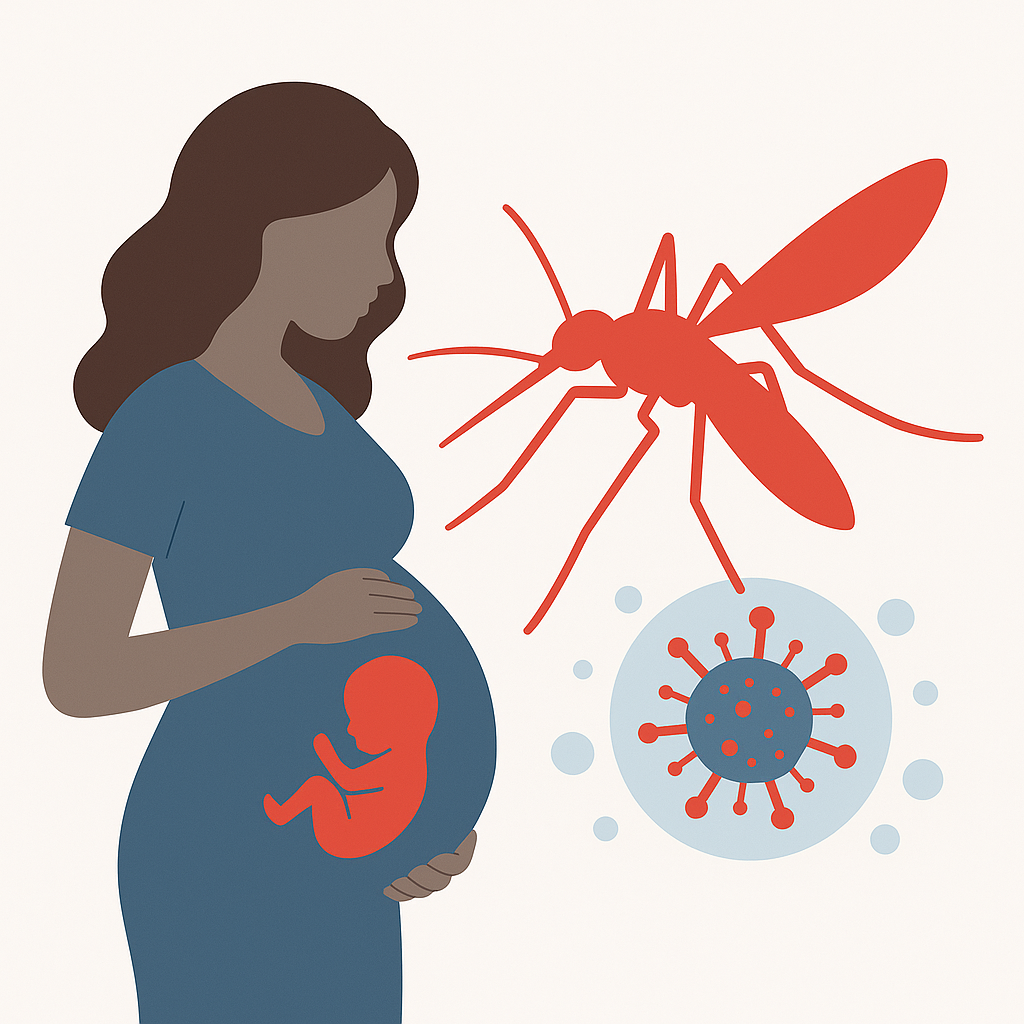
Meet the Team
Research Team
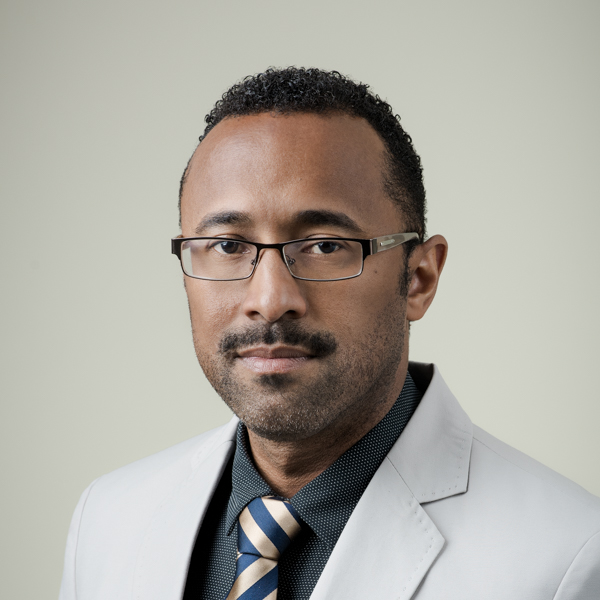
Prof. dr. Byron Martina (Project Coordinator & Virologist)
Leads the project and virology research. Oversees sample analysis, viral sequencing, and scientific reporting.
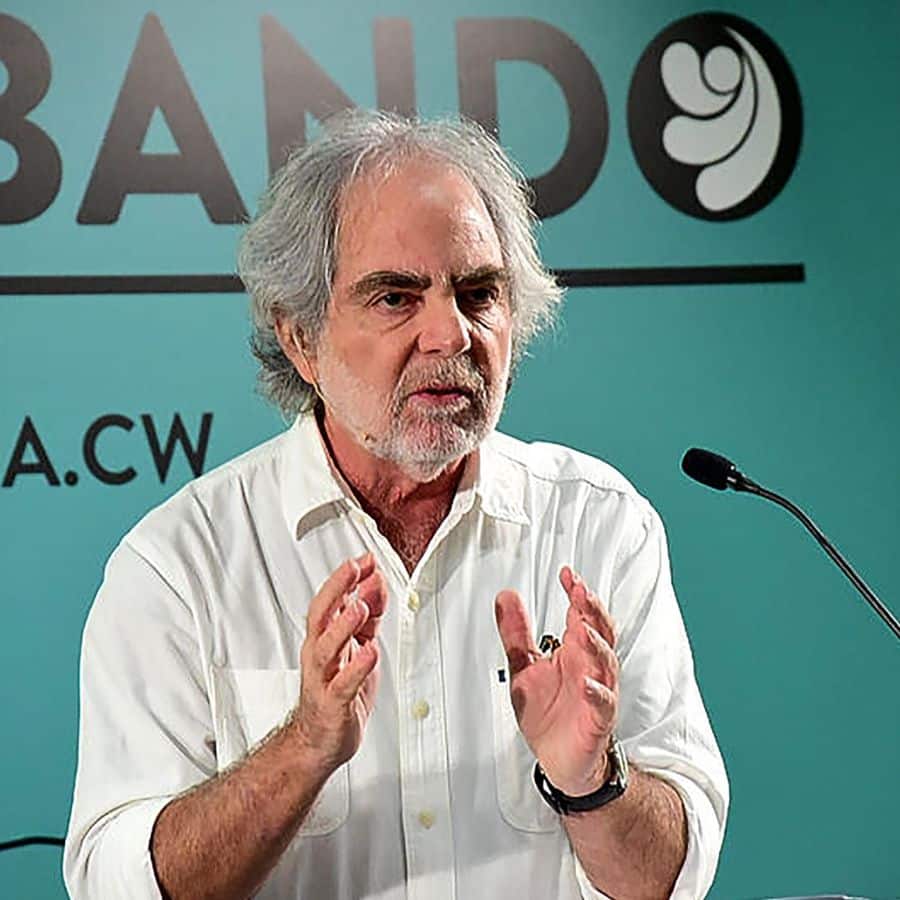
Izzy Gerstenbluth MD, MSc (Epidemiologist)
Analyzes how dengue spreads and evolves. Supports public health strategies with data-driven insights.

Eurydice Martina (Project Manager & Data Analyst)
Manages day-to-day operations and data analysis. Ensures the research stays on track and meets ethical standards.
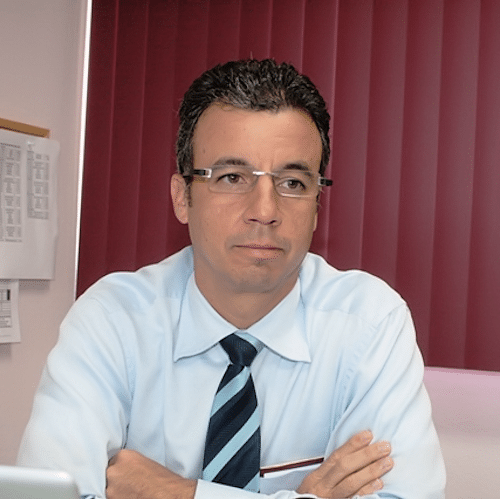
Prof. dr. Ashley Duits (Medical Immunologist)
Studies immune responses to dengue, especially in pregnant women and children. Helps translate science into public health action.

Johan Reimerink (Senior Researcher, RIVM)
Expert in virus detection and diagnostics. Responsible for sequencing dengue samples in this project.
Scientific Advisory Board
PhD student
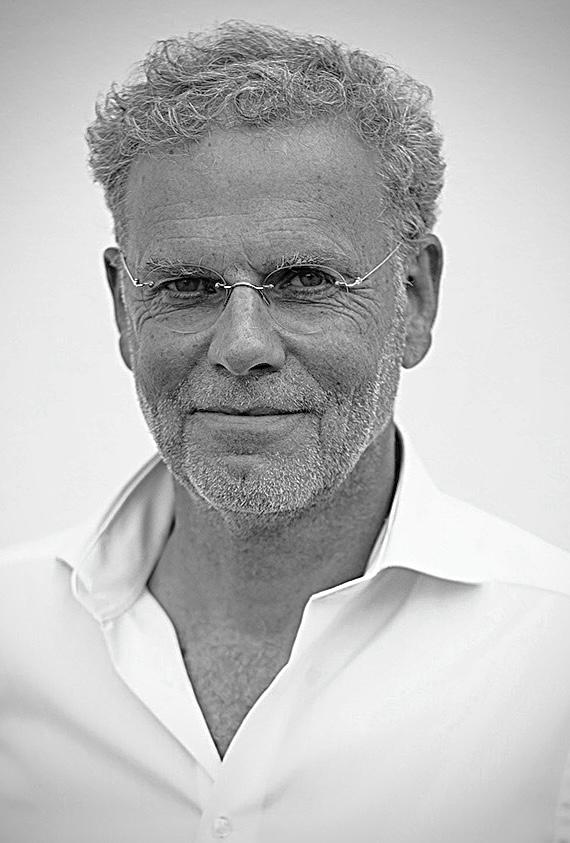
Eric C.M. van Gorp MD, PhD, Professor of Clinical Virology
Working group of Emerging Viral Infections (EVI)/ Head Clinical Trial Unit of Vaccination Clinic
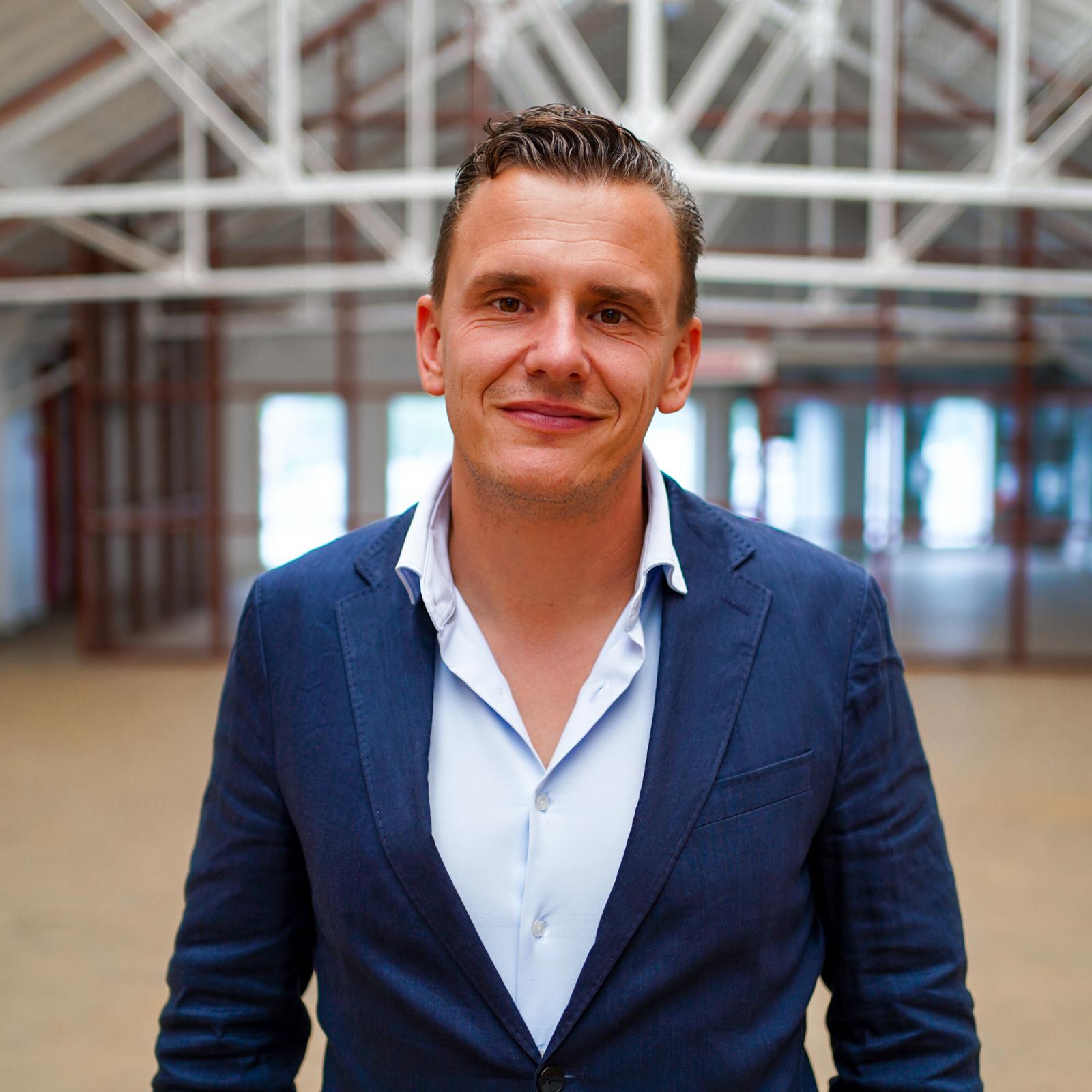
Marco Goeijenbier MD, PhD EDIC
Internist Intensivist Spaarne gasthuis
Internist Intensivist Erasmus MSc
Chief of science Spaarne Gasthuis

Claire Fransman
Claire Fransman will be the PhD student working on the DENPACT project. She will play a central role in both laboratory and field components of the project. She will assist, together with the data analyst assistant with processing biological samples and supporting with analysis of whole-genome sequencing of dengue virus isolates and the link with outcome of infection in mothers and newborns with clade displacement. Under supervision, they will contribute to epidemiological data collection and integration, as well as immunological testing to evaluate host responses in vulnerable groups such as pregnant women and children. The student will also support recruitment and collaboration with local hospitals, contribute to statistical analyses, and draft sections of scientific publications. Through this, they will develop expertise at the intersection of virology, epidemiology, and immunology, while strengthening local research capacity in Curaçao and Bonaire.
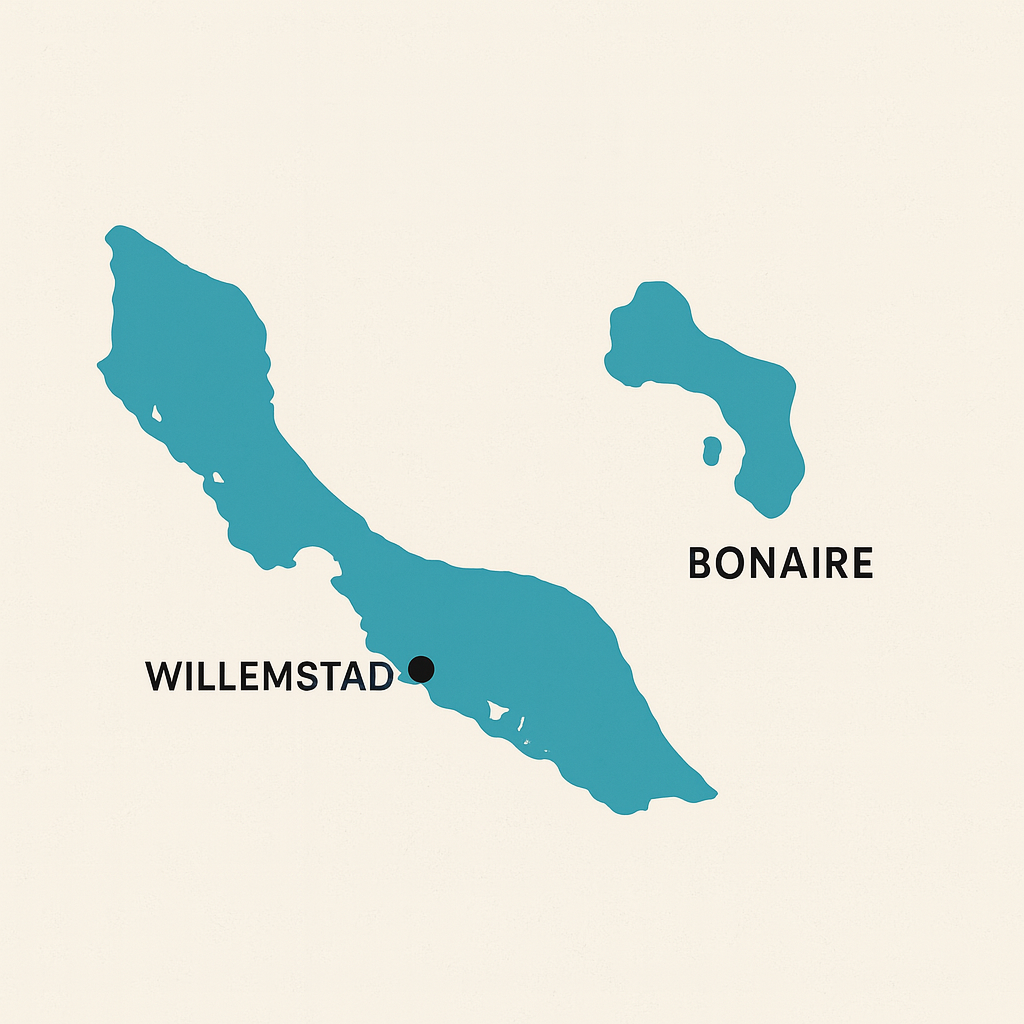
Project Progress & Key Milestones
Status: Ongoing – Currently awaiting METC approval
Note:Sampling of new dengue cases will depend on the actual occurrence of dengue activity during the study period. The study is designed to integrate data from historical cases and collect new data if and when cases arise.
- July 2025, Funding granted by ZonMw (confirmed) 100%
- Partner agreements to be finalised and signed (Q3 2025) 50%
- July 2025, METC Ethics application submitted (awaiting approval) 100%
- Kick-off meeting with partners 0%
- Study protocol finalized 0%
- Personnel training (sampling, data, sequencing, planned Q4 2025) 0%
- Sequencing of historical samples (planned, Q4 2025) 0%
- Prospective Data & Sample Collection (2025 – 2026, outbreak dependent) 0%
- Genomic and clinical data integration (planned Mid 2026) 0%
- Stakeholder workshop (planned 2027) 0%
- Preparedness blueprint delivered (planned July 2027) 0%
Webinar, News & Events
Partners

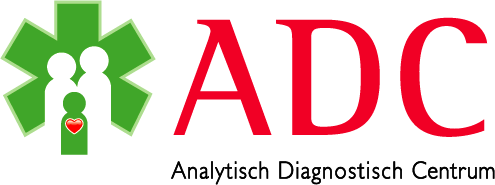
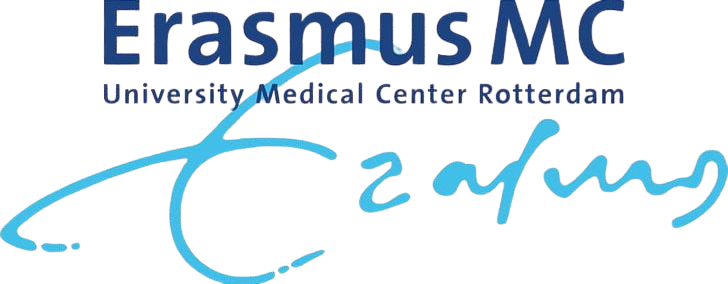

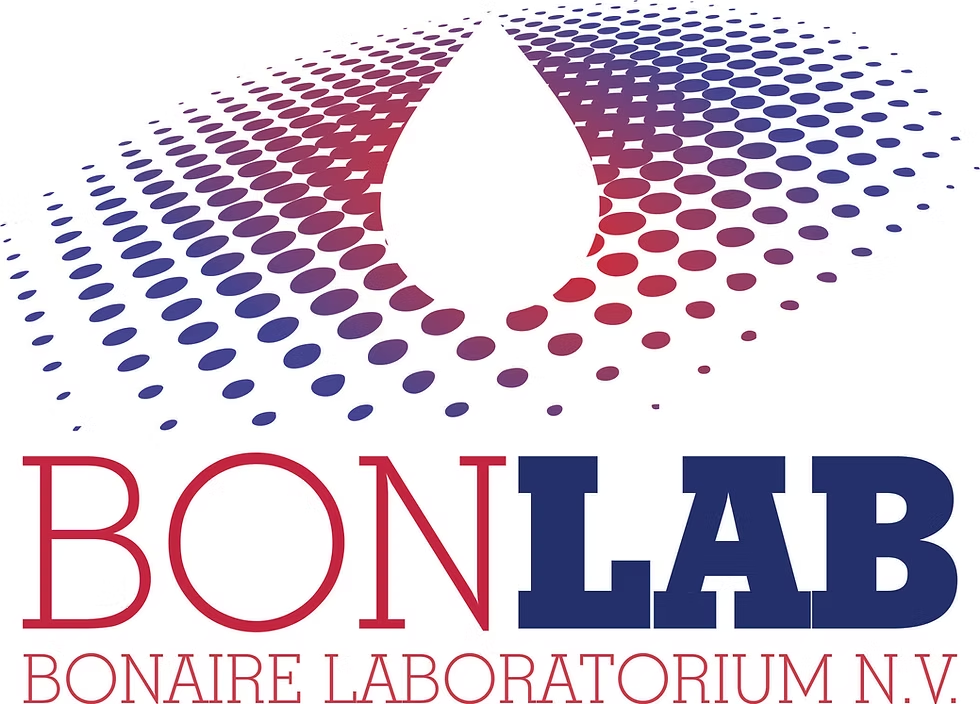
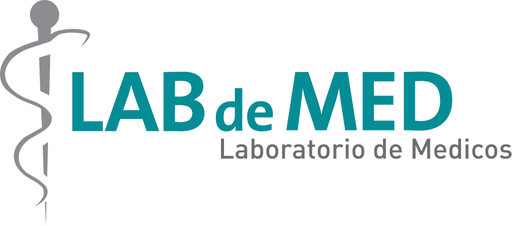


For media enquiries, interviews, or further information, please contact:
Project manager: Eurydice Martina
Email: e.martina@cbhri.com

